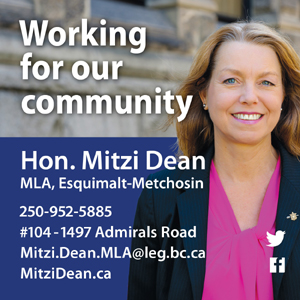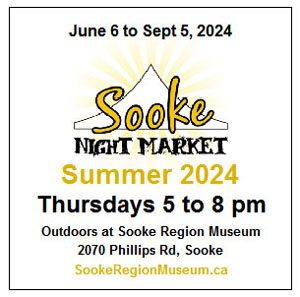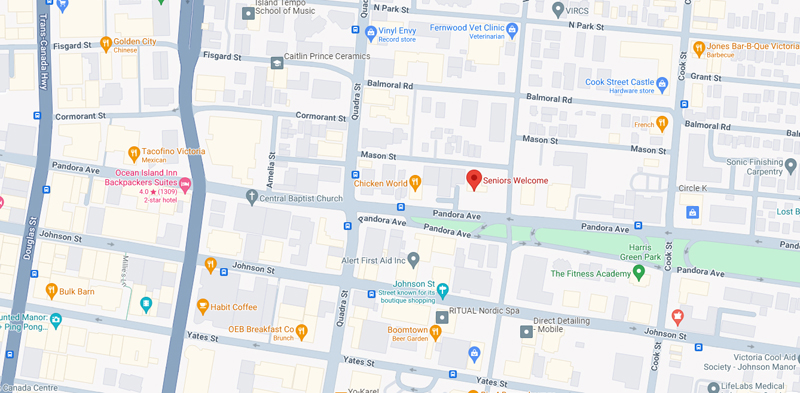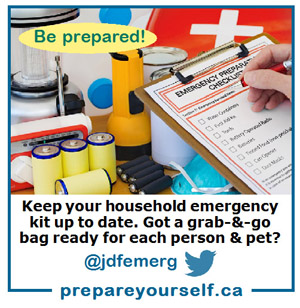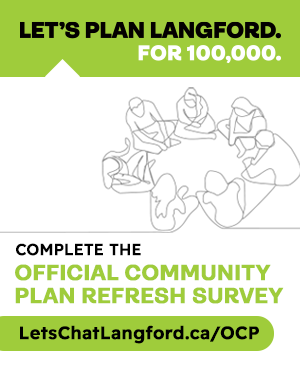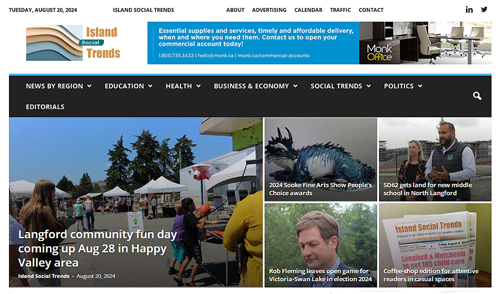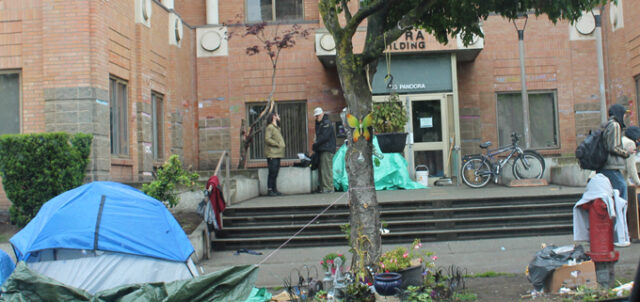
Wednesday August 21, 2024 | VICTORIA, BC [Latest update August 22, 2024 – 4:13 pm]
by Mary P Brooke | Island Social Trends
Another 72 overnight shelter spaces will open soon for homeless folks in Victoria: 40 at Our Place Society and 32 at The Salvation Army,
The spaces are for adults age 19+ who do not have a permanent address or residence. The spaces provide access to a bed, food and washrooms as well as support from staff and connection to local community services including housing opportunities.
- The spaces at Our Space Society shelters are for adults 19 and older who do not have a permanent address or residence; the 40 new spaces are at existing shelters.
- The spaces at The Salvation Army are for men seeking a recovery-oriented program; the 32 new spaces will be added to an existing shelter.
Minister of Housing Ravi Kahlon made the announcement outdoors today on the back steps at the BC Legislature. He was accompanied by local MLA Grace Lore (Victoria-Beacon Hill), City of Victoria Mayor Marianne Alto and Julian Daly, CEO of Our Place Society.
[A followup news release was issued on August 22, 2024: More shelter beds coming to Victoria]
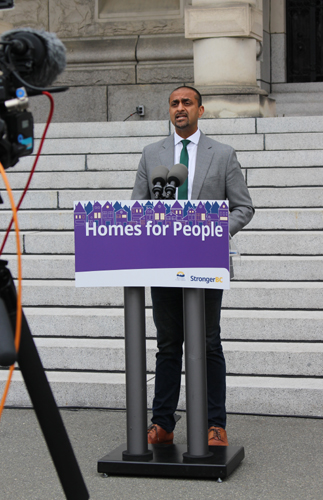
The spaces “are an urgent response to an immediate need”, said Mayor Alto, noting that building permanent housing takes time.
“Not every single person’s need is the same,” said Kahlon, noting that health supports are also being provided in addition to the overnight shelter. Getting people into the shelter allows for assessing people’s needs, he pointed out. “You don’t want to move people straight into housing without having an opportunity to address their core needs, but also to ensure that we’re putting people into the right places when we have spaces that open up,” said Kahlton.
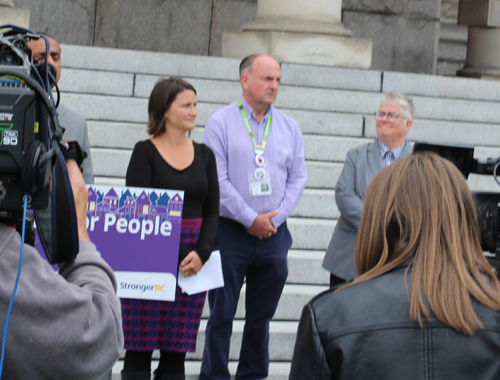
“It requires all the things to be expanded at the same time,” said Kahlon. “These shelter spaces are very important to get people indoors.”
“We don’t think the encampments are safe for the people living in in them, or the community at large. That’s why it’s so important to get these shelter spaces open, to get people indoors and get them the supports they need,” he said, adding that “challenging coming out of the pandemic have only increased”.
Kahlon says his government is working hard “to make sure that people have the supports that they need”. This NDP government is working hard right up to the last minute on a number of fronts, before the writ drops on September 21 to launch the campaign period toward the October 19 BC provincial election.
“We’ve been working hard in Victoria,” said Kahlon. That includes 3,000 affordable homes built or underway across BC and 800 supportive housing units in Victoria. “But there is more work to be done,” Kahlon said in his opening remarks.
Thanks to Victoria mayor’s leadership:
The province has signed an MOU with the City of Victoria to take action around homeless encampments, called the Homeless Action Team. Housing Minister Kahlon thanked Mayor Marianne Alto for her leadership in chairing a committee that has had weekly meetings with folks from the Ministry of Health, Housing, Solicitor General, local police, and all our not-for-profit partners.
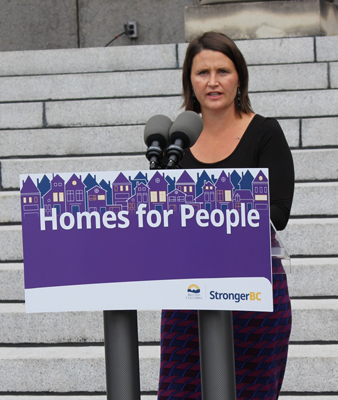
The committee has been focused on solutions, said Kahlon. He agrees with Victoria’s mayor that homelessness is “a regional challenge”, noting that people finding themselves unable to afford housing are coming to Victoria from all parts of the region including Metchosin, North Saanich, and Langford.
Kahlon says the work is being done to support the homeless people but also the municipalities so they can be part of the solution. “All types of housing options” are needed, said Kahlon, declaring that the NDP government has been investing in housing “at historical levels” and finding ways to get housing back into the market (such as eliminating short-term rental properties).
Because of that work the housing opportunities have been expanded by 72 shelter spaces in the community at existing sites. “This was not easy but we have found opportunities to expand existing sites, to renovate, to fix up, so that we can get people indoors,” said Kahlon, who — along with his NDP peers) will in just a matter of weeks be facing the electorate around housing issues during the upcoming provincial election campaign.
“Twenty of those beds opened yesterday so we are already working to get people indoors and the rest of the spaces will be opening in the coming weeks ahead,” said Kahlon.
The province is partnering with the Canadian Alliances to End Homelessness. $2 million investment over the next few years – in communities across the province to better coordinate all the supports that are already being provided. To ensure that individuals have the best supports that they need, that they have access to housing, but also to ensure that the supports that we’re providing as a province are being used in the most effective way.
In addition to Victoria, Kahlon said that similar supports would be addressed in Kelowna and Abbotsford, and other communities, with some supports already in Nanaimo. Kahlon says he has visited supportive housing and shelter sites in various locations around the province. Some have safe consumption sites. Everyone understands we’re in a housing crisis. Everyone knows we need more housing. Yet nobody wants that housing in their back yard.We need to find a way to have those difficult conversations to get people indoors, to get them the supports that they need. I’m confident that we will get there, I’ve seen that in communities.
“There’s a lot more work to do and this is an important step to address the challenges,” said Kahlon at the podium.
Kahlon did proactively acknowledge that he’s aware of concerns from businesses, and that the Pandora encampment in downtown Victoria does have an impressionable impact on residents and tourists driving through. He feels that Victorians are empathetic to help people but that there’s more work to do.
People sheltering outdoors are my constituents and I’m incredibly grateful for these additional shelter beds that will have an impact for those who are homelessness and I’m incredibly grateful for the partnerships that make this possible.
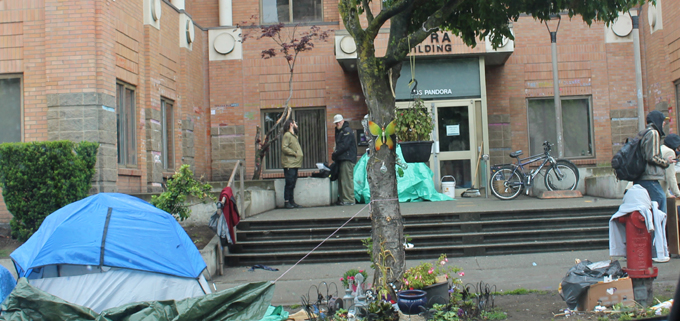
As Victoria Mayor Marianne Alto pointed out, the additional 72 spaces are entirely in the City of Victoria. The spaces will be available “very quickly” to accommodate at least some of the folks that are seeking shelter in our city.
Victoria mayor asks other capital region municipalities to step up:
“When we signed the MOU with the province earlier this year it was with the expectation that this was the kind of announcement that would be forthcoming. We’re happy to work with BC Housing, the ministry and the govt as a whole to try to find the solutions that we see now plaguing every municipality across the country. Alto emphasized that announcements like the one today demonstrate “what’s possible”.
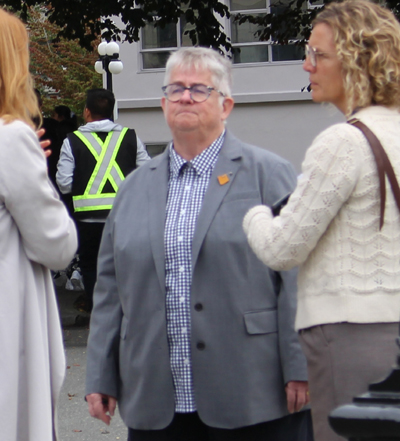
“When governments of all orders work together we can find solutions. When we work together with the folks who are delivering the services who are so essential for the people who need the shelter services, then we find solutions. I cannot more strongly urge my colleagues in the surrounding municipalities in the Capital Regional District to look at these examples and adapt them to find their own solutions,” says Alto.
The spaces are “welcome and in some cases life-changing”, said Alto.
The use of parks and bylaw officer time is part of the assessment that is needed, she said. Some ‘untraditional’ services are needed.
Alto pointed out that the people who will use the shelter spaces in Victoria. “These spaces are here because no one else is stepping up to provide the same services and space. This is essentially not fair. It is not fair to the City of Victoria, to the province, to the people seeking help.”
“As I have done repeatedly, I urge my colleagues to look at this example and to find the solutions to keep their people home,” said Alto with more tension in her voice than the public normally hears.
Capital Regional District weighs in:
The Capital Regional District (CRD) has a housing corporation board and participates in an Alliance to End Homelessness in the Capital Region.
In noting that the Victoria mayor is calling on other municipalities to do their part, the CRD offers this comment:
“CRD has done lots in terms of working with the province and the federal government on new buildings with subsidized shelter rate spaces and we do administer federal funding to our region that supports services,” says their communications spokesperson.
CRD does have what they call affordable housing options, but applicant incomes still need to be stable if not robust, which may not be the case for people who are experiencing homelessness.
CRD says they will have more to say in September on “new approaches”.
Multiple challenges, economic disparity:
Mayor Alto says there are complex concerns “that are plaguing us” and she listed off public health, housing, services, a variety of different things.
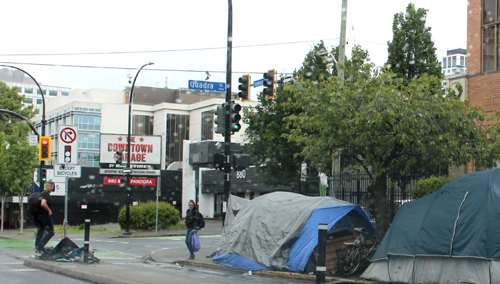
“We are in the midst of a unique moment in time right now where we’re talking about how we respond to a dramatic change in civil society. We have such a huge disparity between what in other times would have been called ‘the haves and the have-nots’. We’re all trying to figure out a way through this. The complexity of situations these days require many more (types of) responses,” said Victoria’s mayor.
“People are being pushed further and further down,” said Kahlon about the impact of the cost of housing and cost of living overall.
“We know that more are needed and more are coming,” said Alto in repeating her thanks to the province for stepping up to provide the funding for more spaces. Solutions in the future need to be “not just for the city but for the region”, she said at the microphone today.
“My people, my Victorians need help. This is one step and I thank you for taking it,” said Alto.
Our Place Society:
“Today is a good day for people who are homeless in Victoria and we applaud and thank you Minister Kahlon and the province for steeping up to address street homelessness in Victoria,” said Julian Daly today on the parliament buildings back steps.
Daly said the homelessness issue “has been of deep concern to many people for a long time, we’re happy to be one of the providers of these initial shelter spaces.” he said, noting that 40 of the 72 spaces will be at Our Place Society. The first of those spaces was opened at the community centre on Pandora Ave last night. “Pandora Avenue has been at the epicentre of this crisis,” he said.
The spaces are a “welcome first step of ending the suffering of people who are living rough on our streets,” said Daly.
He articulated about “disquiet and distress” that citizens feel when they see fellow citizens living in tents, doorways and parks in the capital city.
“All the right people together, finding solutions,” is what is leading to some success with the problem, Daly said, adding that “all the right people in the room together are finding solutions every week, week in week out, until we end this housing and homeless crisis”.
“The vast majority of unhoused folks will secure safe indoor shelter in the coming months and be on their pathway toward permanent housing before winter,” said Daly.
Mental health as part of the problem/solution:
Housing together with mental health and public safety issues are of public concern. The biggest aspect of root causes of homelessness is mental health, says Grant McKenzie, Director of Communications, Our Place Society.
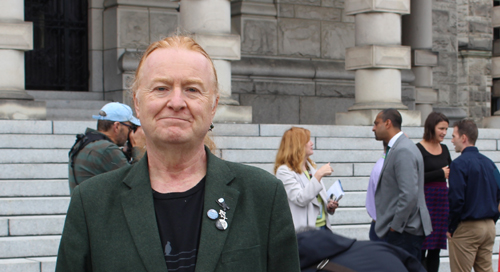
“There’s not much Our Place can do” as to “what happens outside on the boulevard”, says McKenzie. “Which is why we want people indoors,” he says. Bylaw and Victoria Police have jurisdiction outside the Our Place Society facility; regular meetings are held to discuss how things can be dealt with.
The homelessness issue “is the culmination of decades of cuts to health care and mental health care which definitely needs to be put back in place”, says McKenzie. “Everyone can see how our health care has been cut so drastically.”
“But we’re seeing more and more severe mental illnesses happening on the street and we’ve been calling out for much more mental health supports. We know the people involved in health care are overwhelmed. There has to be a huge injection of money to bring in more people so that we have more doctors, psychiatrists and mental health supports. It’s quite staggering how many people are falling through the cracks,” he said.
Business impacts:
There are a few businesses in the 900-block of Pandora, notes McKenzie. That would include CareMed Pharmacy, Chicken World, McDonalds, with Panago Pizza, Wildire Bakery and Save On Foods nearby as well. “We have a neighbourhood meeting that allows people to air their grievances,” said McKenzie.
“We have good regular meetings with the Chamber and the downtown business association and a lot of it is frustration,” says McKenzie.
Kahlon has not discussed the homelessness solutions with the Greater Victoria Chamber of Commerce but some of his staff have; arguably some Chamber members arguably are directly impacted by homeless encampments and homeless people along downtown streets during the day.
“The Chamber works closely with Our Place Society and other partners who work to make our community safer. We know that homelessness in Victoria is a complex challenge that requires investment in mental health and addiction services, but housing is the foundation required to help people take the first steps to recovery,” says Greater Victoria Chamber of Commerce CEO Bruce Williams.
Tourism impact:
“Challenges related to people experiencing homelessness are common across North America and certainly on the West Coast,” says Paul Nursey, CEO, Destination Greater Victoria.
“We commend Victoria’s Mayor Marianne Alto for taking this issue seriously, as it can have an effect on the visitor economy if left unmanaged,” he said in a statement to Island Social Trends.
“We also appreciate the tremendous work that the Downtown Victoria Business Association’s clean teams do at the street level,” says Nursey.
“While other North American cities have lost major conferences due to street disorder problems, Greater Victoria has not experienced this. For the most part, we continue to receive ongoing positive feedback about our destination, but we are not oblivious to the issues in certain parts of our region. We are thankful for the many agencies that are engaged in meaningful work to address this complex issue,” says Nursey.
BC Greens weigh in:
The BC Greens says that the BC NDP “have failed the homeless and at-risk with big promises and minimal action”.
“Community groups are doing the heavy lifting,” says BC Green Leader Sonia Furstenau in a statement to media.
She sees solutions for homelessness in dealing with housing, mental health and social services to “address the root causes head on” with a long-term approach.
===== RELATED:
News sections: HOUSING | BC PROVINCIAL ELECTION | VANCOUVER ISLAND
Get the Island Social Trends biweekly print edition: In Coffee Shops | Premium PDF by Email




